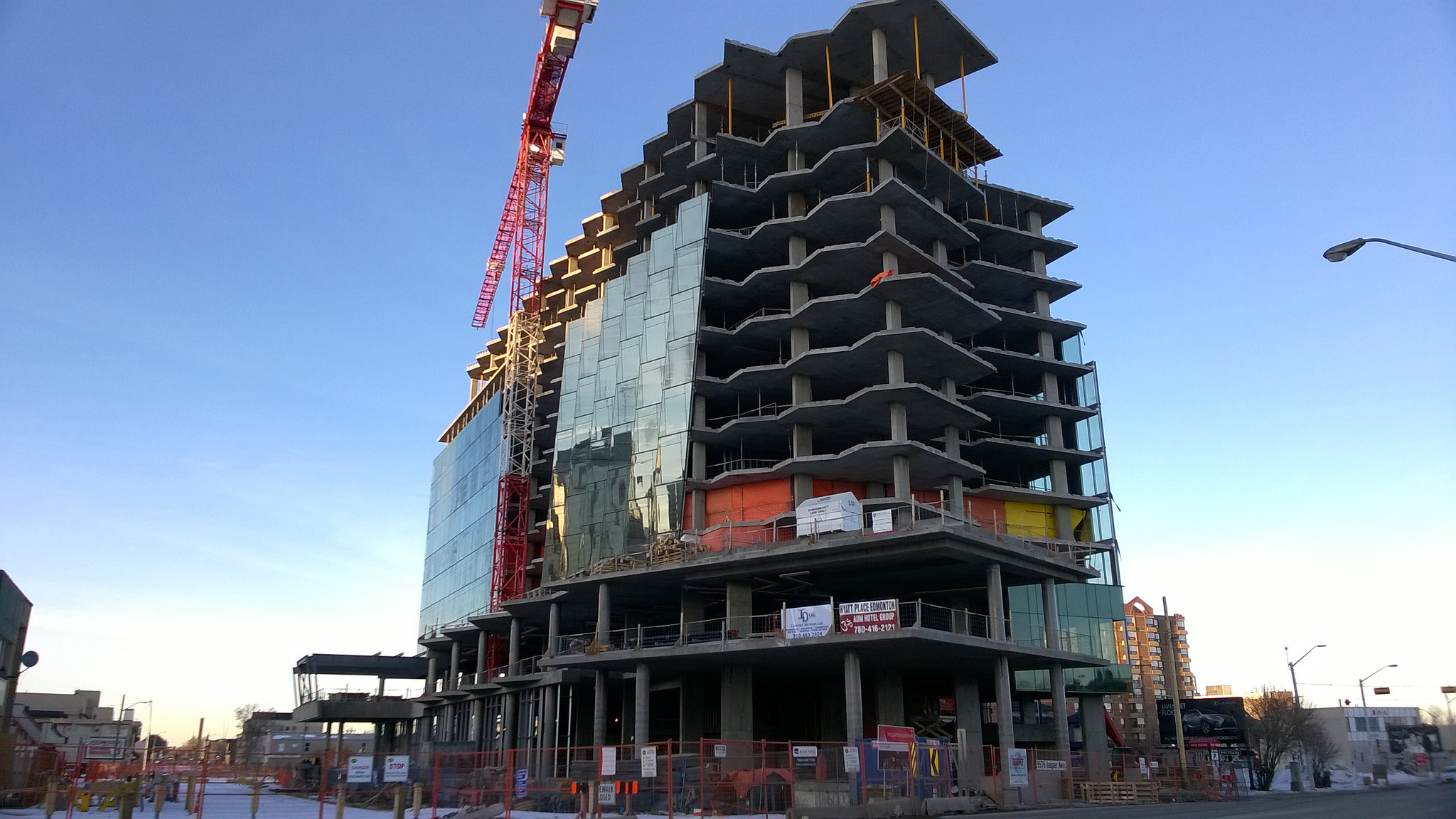Views expressed in opinion columns are the author’s own.
Last week, Diamondback opinion editor Max Foley-Keene called on the D.C. government to build large quantities of social housing as a way to combat a lack of affordable housing in the city.
Social housing is necessary, Foley-Keene argues, because NIMBYs (Not In My Backyard) and YIMBYs (Yes, In My Backyard) are both wrong in their approaches to urban housing development.
I was glad to see him link to prominent urbanist Richard Florida’s description of NIMBYism. Florida notes that the expansion of zoning and land use restrictions, such as excessive density limits, have substantially limited the construction of new housing. Zoning and land use policies have been used historically to enforce racial and economic segregation, worsening inequality.
[Read more: To combat gentrification, D.C.’s government should build lots of social housing]
Economists Peter Ganong and Daniel Shoag have argued that incomes in poorer states are no longer growing much faster than incomes in wealthier states because of an expansion in restrictive land-use regulation in the wealthier states, limiting interstate migration. In D.C., homeowners have greatly abused historic preservation designations to prevent new housing construction in their neighborhoods.
Donald Shoup, a professor in the University of California, Los Angeles’ urban planning department, has argued that minimum parking requirements for new housing construction have driven up the cost of housing at the expense of the poor, the economy and the environment. Economists overwhelmingly agree that rent control has diminished the quantity and quality of affordable rental housing in cities with such policies.
Policy decisions limiting housing construction have created an environment where luxury projects, like those in D.C.’s Navy Yard area, are the focus of new construction. Opponents of housing construction have been winning the day for decades, and the results have been devastating for middle- and low-income Americans.
Foley-Keene and I agree that NIMBYism is and has been bad for housing affordability. Where we disagree, however, is that a desire to expand private housing construction is the root cause of the affordability crisis.
Foley-Keene links to a Jacobin article that includes some unimpressive hand-waving about how the profit motive in mortgage lending is responsible for a lack of affordable housing, but does not adequately substantiate the allegation.
It doesn’t seem clear that imperfect information exchange between mortgage lenders and home buyers ought to fall on the conscience of YIMBY urbanists.
Considering there may actually have been an undersupply of housing leading up to the 2007-08 recession, casting blame on supporters of housing development seems misplaced. Given the decades-old restrictions imposed on housing construction, how can those seeking to lift those barriers possibly be to blame for an inadequate housing supply?
A secondary problem I see in the column is the author’s conflation of gentrification and a lack affordable housing. While the specter of gentrification is often accepted as a truism, there is very little evidence that gentrification actually forces poor people out of their homes.
Thinking about the impact of housing development on a community is important, but excessive worrying about gentrification just muddies the waters.
Foley-Keene closes by essentially alleging that YIMBYs have developers’ interests at heart. However, supporters of increased housing construction and supporters of social housing construction needn’t be enemies, nor should they be. I don’t argue against the idea of social housing; my objection is to the idea that only social housing should be built, or that it should be the predominant form of housing construction.
Although places like Singapore and Hong Kong have created extensive public housing markets, they are not without availability problems. We must also consider the realities of governance in the United States and recognize that a perfect social housing proposal will not remain perfect on the path to becoming policy, nor will it be as well funded as intended. This is the reality of the policymaking sausage factory.
[Read more: UMD graduate students call for more affordable off-campus housing options in College Park]
Social housing supporters can choose to fight the NIMBYs or the YIMBYs. They can fight the YIMBYs, but the folks that don’t want private construction certainly aren’t going to be excited about building social housing.
NIMBYs will continue to be successful, at middle- and low-income America’s expense, if YIMBYs and social housing advocates can’t work together under a big tent to increase the availability and decrease the cost of housing for all Americans.
CORRECTION: Due to an editing error, a previous version of this column claimed the desire to expand private housing construction is the root cause of the housing affordability crisis. The piece has been updated to reflect the author’s intent.
Jeff Mason is senior economics major. He can be reached at jeffreyjmason2@gmail.com.



